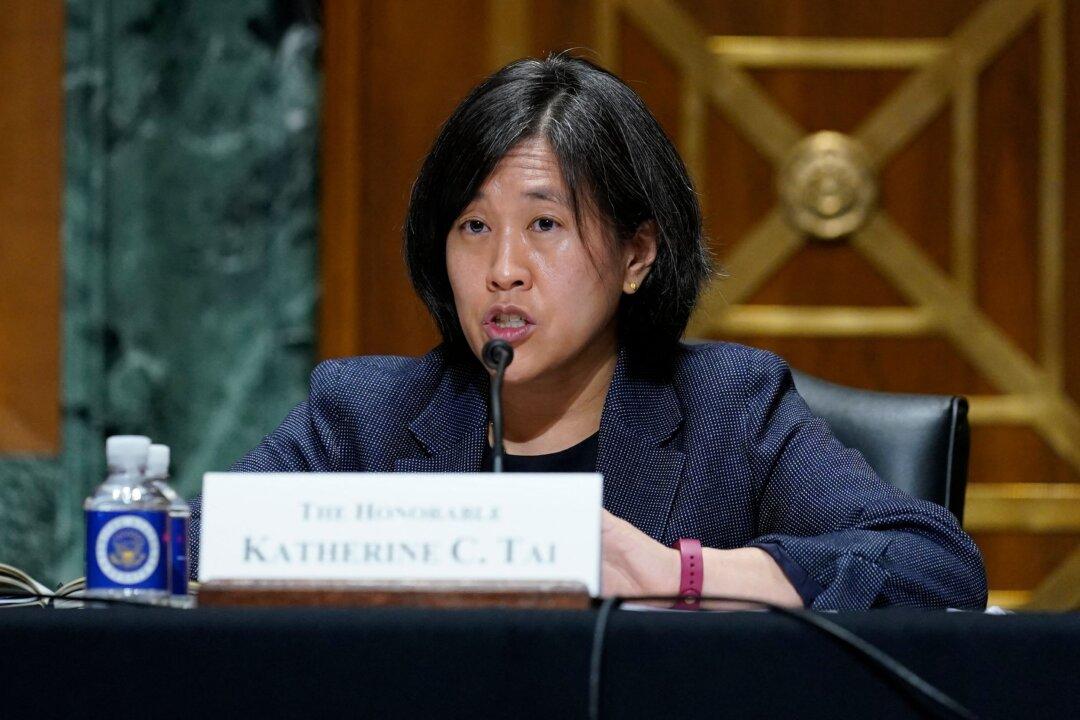WASHINGTON—The United States and Taiwan on June 29 resumed trade talks after five years, a move that has angered the communist regime in Beijing, which claims sovereignty over the liberal democratic island.
Discussions reopened on the Trade and Investment Framework Agreement (TIFA), which was stalled in 2016. At the virtual meeting, U.S. and Taiwanese officials pledged to deepen the trade and investment relationship.





